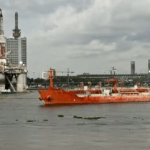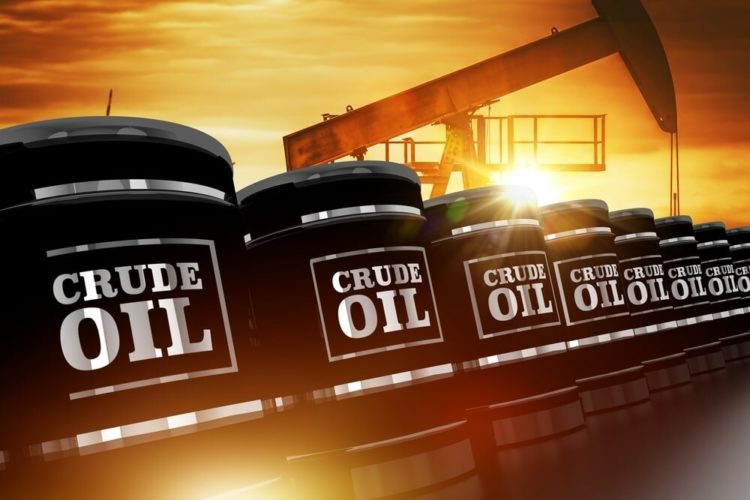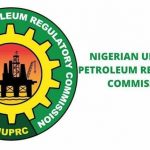Nigeria plans to formally request the Organisation of Petroleum Exporting Countries (OPEC) to raise its oil production quota from 1.5 million barrels per day (bpd) to 2 million bpd, the Minister of State for Petroleum (Oil) has announced.
Speaking in an interview published in the Nigerian Upstream Petroleum Regulatory Commission (NUPRC)’s quarterly magazine, the minister revealed that Nigeria’s output has risen to over 1.7 million bpd, up from around 1 million bpd when he took office. He attributed this progress to improved security in oil-producing regions, renewed investor confidence, and increased exploration activities.
He explained that the country’s actual production figure includes condensate, which is not counted under OPEC quotas but sells at a premium to regular crude. According to him, the proposed quota increase is necessary to meet domestic refining needs and offset crude oil sales committed by previous administrations.
The minister credited the Petroleum Industry Act (PIA) for reviving investor confidence after years of uncertainty, noting that new capital inflows and stronger regulatory clarity have encouraged more operators to return to dormant fields. He also pointed to measures against pipeline vandalism and crude theft as key drivers behind the current production stability.
He disclosed that Nigeria could produce up to 2.5 million bpd without major new investments, citing about 500 idle wells awaiting reactivation by local operators. Ongoing efforts are also focused on replacing ageing pipelines, some over 60 years old, to enhance efficiency and attract more investment into infrastructure renewal.
In addition, he said the government is working to reduce production costs, which remain above the global average, through executive orders and targeted reforms aimed at making Nigerian crude more competitive on the global market.
In the gas sector, Minister of State for Petroleum (Gas) Ekperikpe Ekpo announced that the 2024 Licensing Round has already garnered approximately $16 billion in investment commitments, with global energy companies such as ExxonMobil pledging $1.5 billion for deepwater exploration.
Ekpo explained that the government is prioritising gas infrastructure expansion through the Nigeria Gas Infrastructure Blueprint, which seeks to develop new pipelines, LNG terminals, and compression facilities to meet domestic demand projected to rise by 16.6 per cent annually by 2030.
He further noted that gas flaring has dropped to 7.16 per cent as of July 2025, down from 7.55 per cent in 2024, a development credited to the success of the Nigerian Gas Flare Commercialisation Programme (NGFCP) and the Zero Routine Flaring Policy.
Meanwhile, NUPRC Chief Executive Engr. Gbenga Komolafe reaffirmed Nigeria’s long-term goal of achieving 3 million bpd crude oil output. He described the target as “ambitious but achievable,” noting that enhanced oil recovery technologies and field-life extension projects will be critical to sustaining output and unlocking stranded reserves.










